LTAD was developed by a group of sport scientists and adopted by the Canadian Government in 2005. It is not reserved solely to high-performance athletes but is, rather, a process that takes participants from the playground to the podium and from the cradle through all the phases of adulthood. The purpose and intention of the LTAD principles and philosophies is to provoke a culture change at all levels of physical activity and sport (i.e. Parks and Recreation, school boards, club sports, Provincial and National organizations, etc.) and in doing so:
- Develop a healthier and more active Canadian population beginning with children all the way through late adulthood.
- Develop a more efficient domestic infrastructure for high-performance sports in order to achieve best-ever podium results at the World Championships and Olympic Games.
In 2010, Water Polo Canada (WPC) published its Long-Term Athlete Development (LTAD) document entitled, “The pursuit of excellence and an active lifestyle”. This document was developed in collaboration with Sport for Life and in accordance with Sport for Life’s LTAD Framework 1.0. This Framework consisted of a series of life stages that athletes pass through in their development within sport, rather than focusing on their chronological age, providing a basis for how Canadian athletes should develop within Canadian sports. This format is crucial in ensuring that athletes are taught the proper skills in the appropriate order and at the correct phase of their development.
Sport for Life has since updated the LTAD Framework, now version 3.0, to reflect Canada’s current sport environment and athlete development philosophy. One of the most significant changes that was made was to the Framework's name which was adjusted from Long-Term Athlete Development (LTAD) to Long-Term Development in Sport and Physical Activity (LTDSPA). The intention behind the change was (a) to include all types of sport and physical activity, whether athlete focused or not, (b) to emphasize the importance of quality sport and physical activity, and (c) to make it clear that Long-Term Development in sport requires long-term development of not just athletes, but also of coaches, officials, administrators and those individuals elected to run sports.
In addition, the Framework's stage names have also been revised. The table below compares the stage names used in WPC’s LTAD document to the stage names used in Sport for Life’s LTDSPA 3.0 document.

Note: WPC has included an extra stage to Sport for Life's LTDSPA Framework, Learn to Win, to meet the needs of our sport.
As you can see, Sport for Life has included two pre-stages in the Framework - Awareness and First Involvement - creating a complete overview of the entire sport development process. The conversion from WPC’s LTAD stage names to the LTDSPA stage names ensures that there will be consistency in the athlete development framework across Canadian sports and a clearer understanding of the goals for each stage.
The LTDSPA Framework
Although the LTDSPA Framework indicates a participant's approximate age for each stage, a participant's journey through the Framework is non-linear. Physical literacy is an ongoing notion that continues to develop and evolve as the athlete/participant progresses through each of the Framework’s. This is crucial to understand as each individual will follow their own unique path through the Framework based on their development within a given sport.
- A participant could begin their water polo journey in Active Start following a trajectory through the Podium Pathway to Active for Life.
- Another participant could begin their participation within water polo later in life where they have already developed certain sport competencies elsewhere allowing them to begin in the Train to Train stage.
- There may be a participant that is solely interested in the recreational side of the sport and transitions from Train to Train into Fit for Life, eventually becoming a coach or official.
- It is also possible for a participant to have been introduced to water polo at a young age, leave the sport and return, entering the Podium Pathway.
The important take away is that there are many opportunities to achieving success and develop within the sport of water polo. Your journey will not be exactly the same as the person beside you.
The image below outlines the objectives associated with each of the LTDSPA Framework stages while also showcasing how these stages can be navigated.

Water Polo's Player Development Model
The Player Development Model below summarizes the various stages of development in the water polo in Canada LTAD and their implications for participants.

It is important to note that the chronological age is only an approximation and that the developmental age, which includes physical, emotional, mental and cognitive components, determine the stage of development. For example, if an athlete begins playing water polo as an adult they would enter through the one of the Active for Life stages, Competitive for Life or Fit for Life. Although emotionally, mentally and cognitively they are adults, they may be at a Learn to Train or Train to Train stage with regards to skill development. Another example is an athlete who is 18 years old and has been playing the sport for a number of years. Although chronologically they may be in the Train to Compete stage, however their skill level, physical abilities and developmental age may actually place them in the Train to Train stage of development. This may not impact which league, tournament and age group as these are determined by chronological age (i.e. 17 and under), however; how this athlete is coached will be different than their peers who are truly Train to Compete athletes.
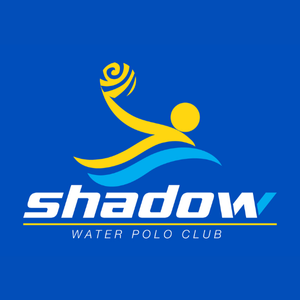
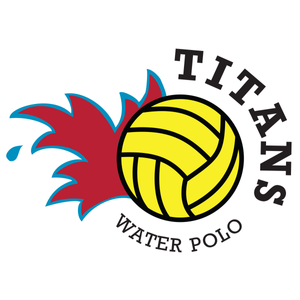
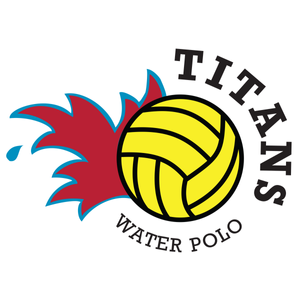

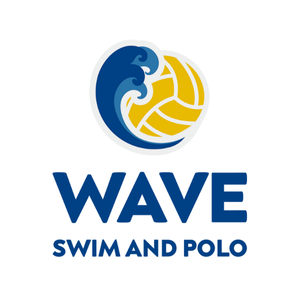
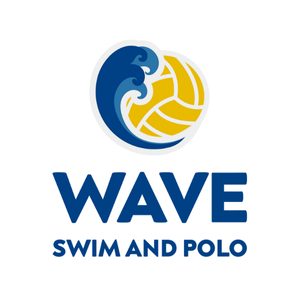
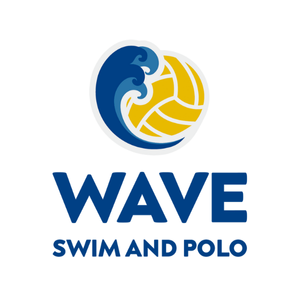
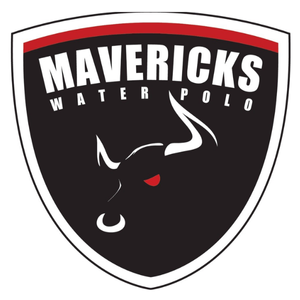

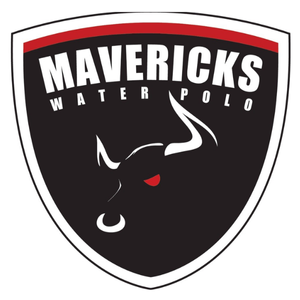

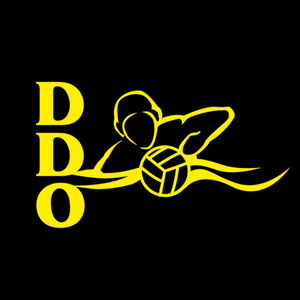
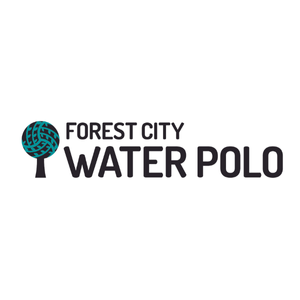
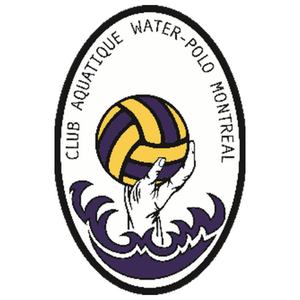
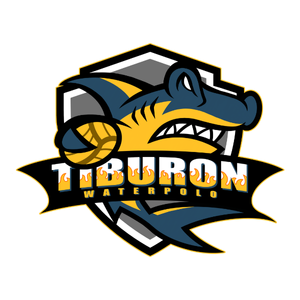

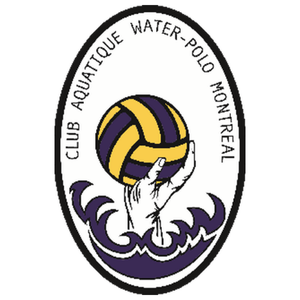
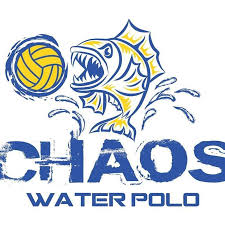
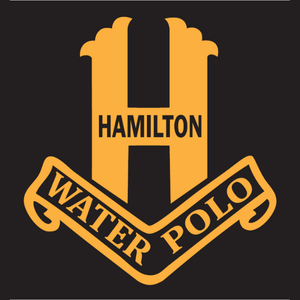
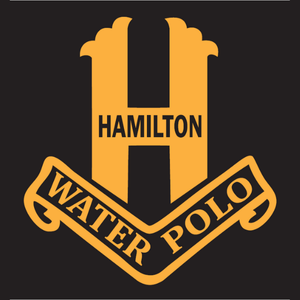
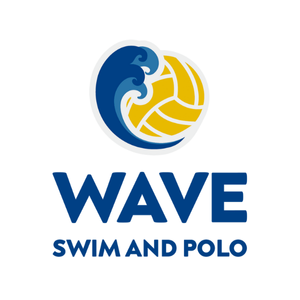
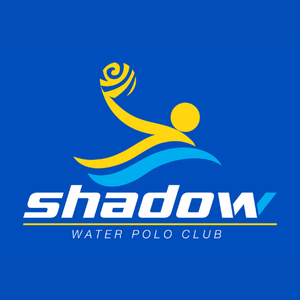
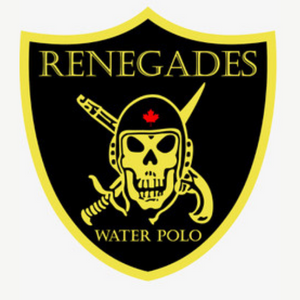
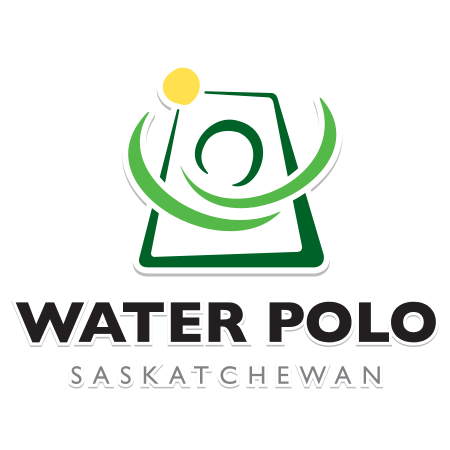


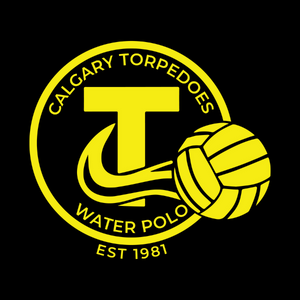
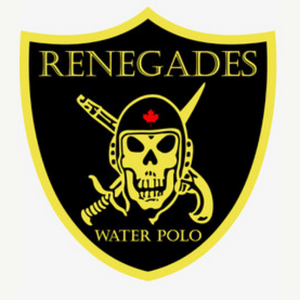


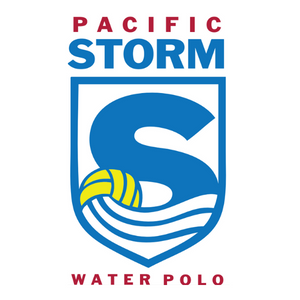

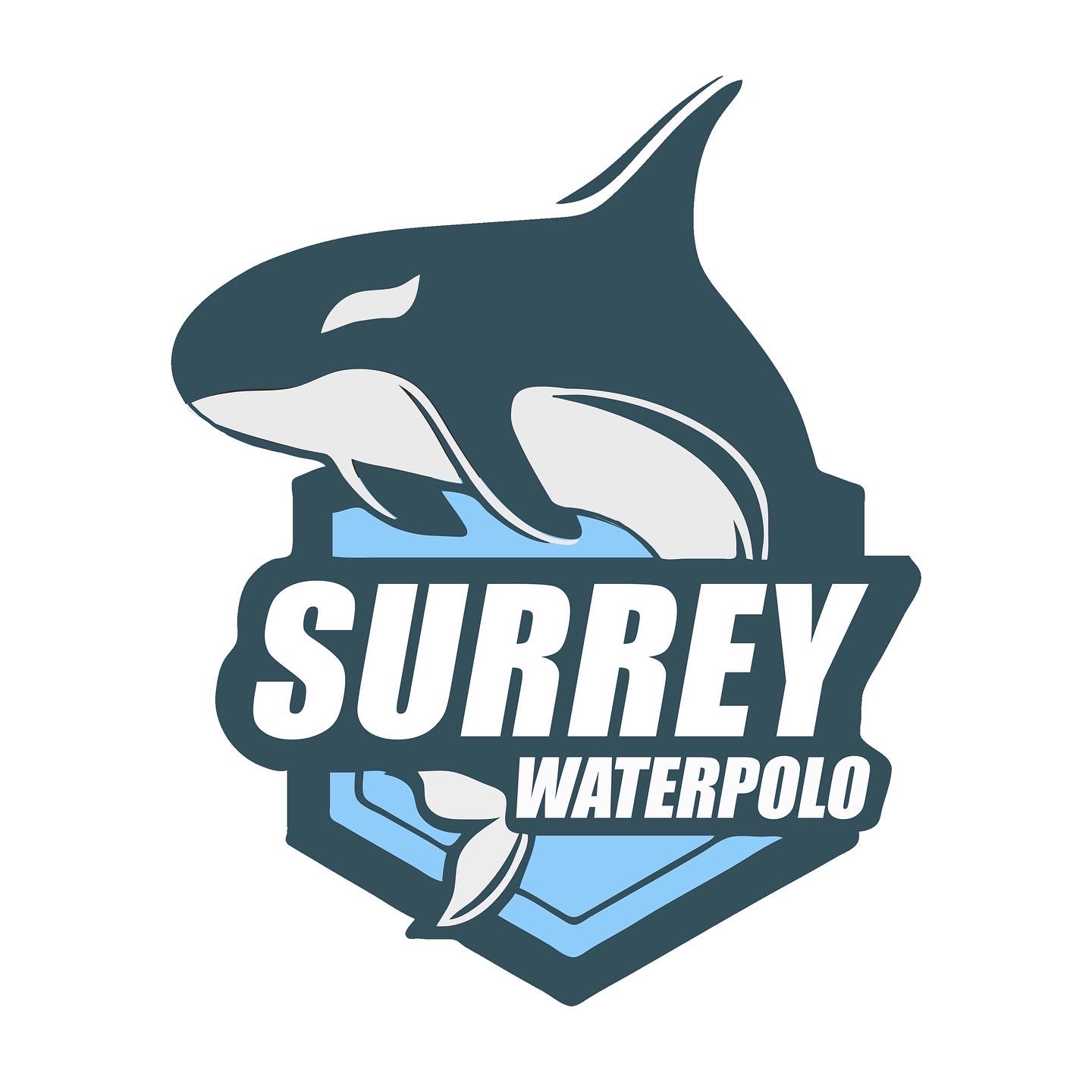
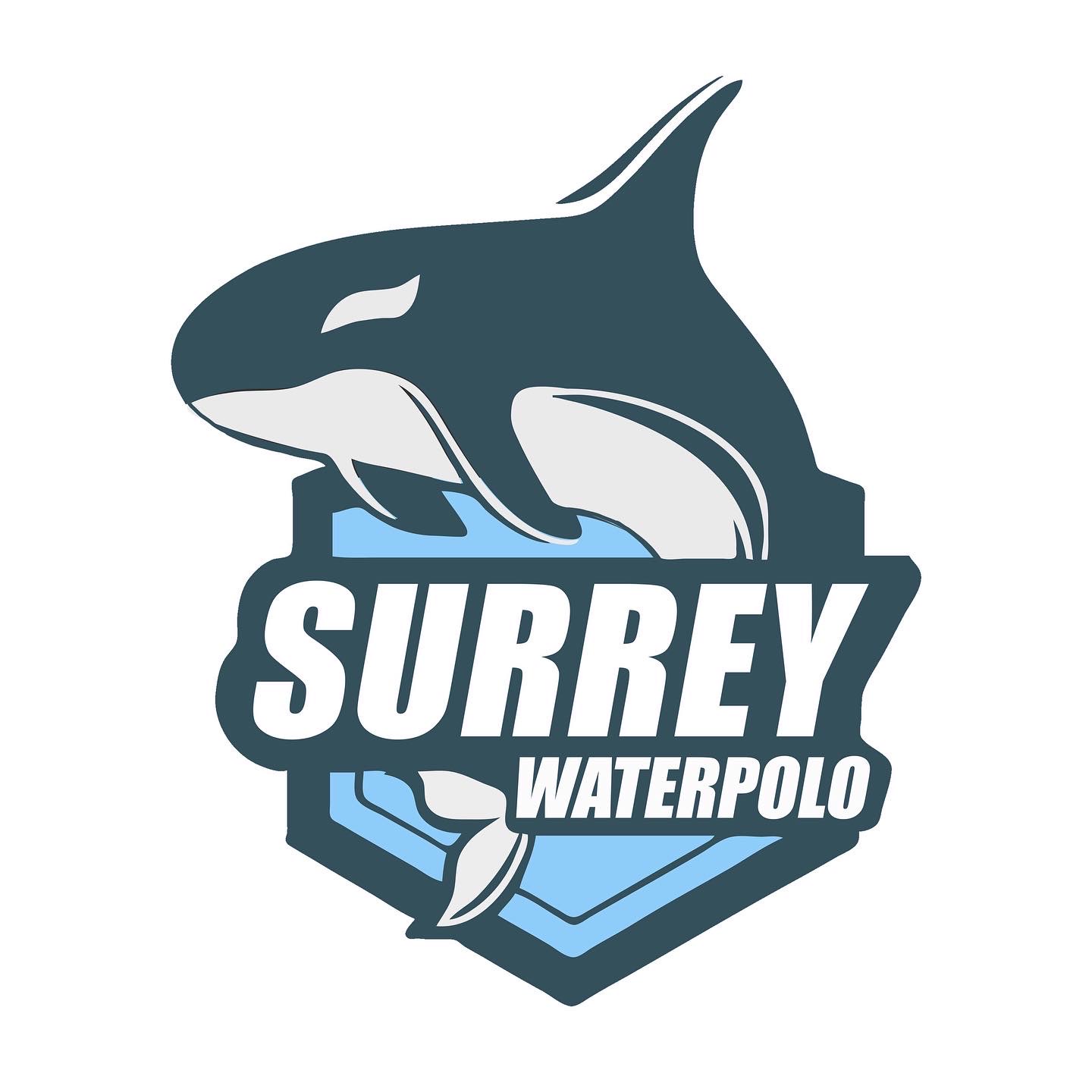
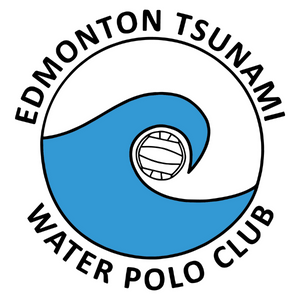
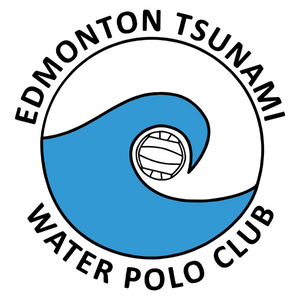
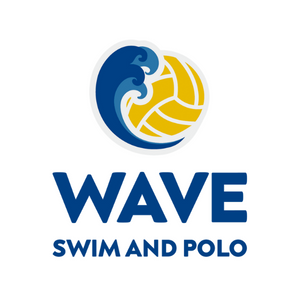
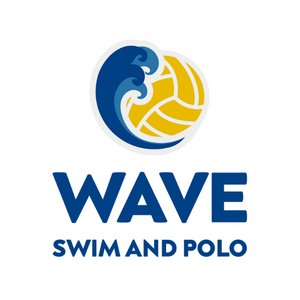
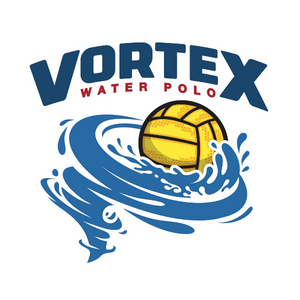

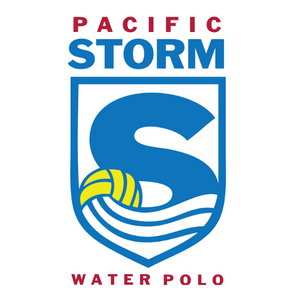
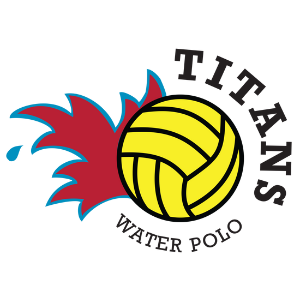
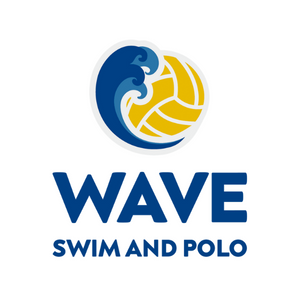
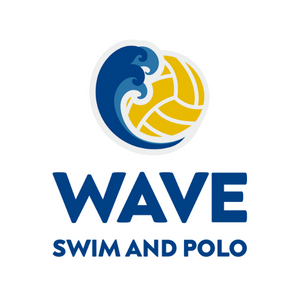
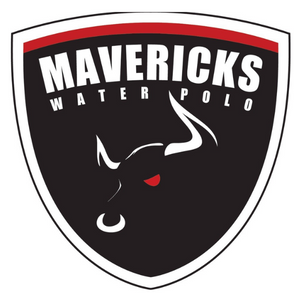
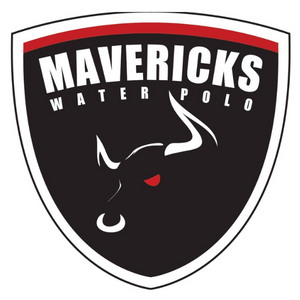
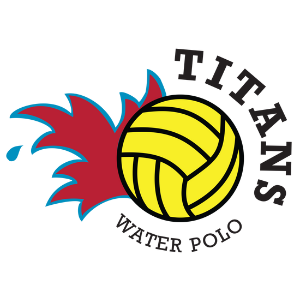


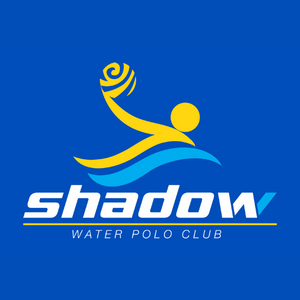
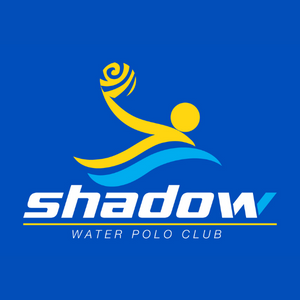

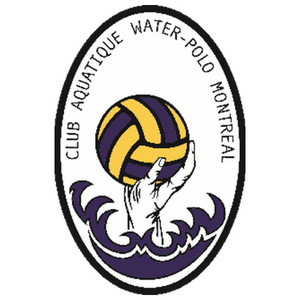
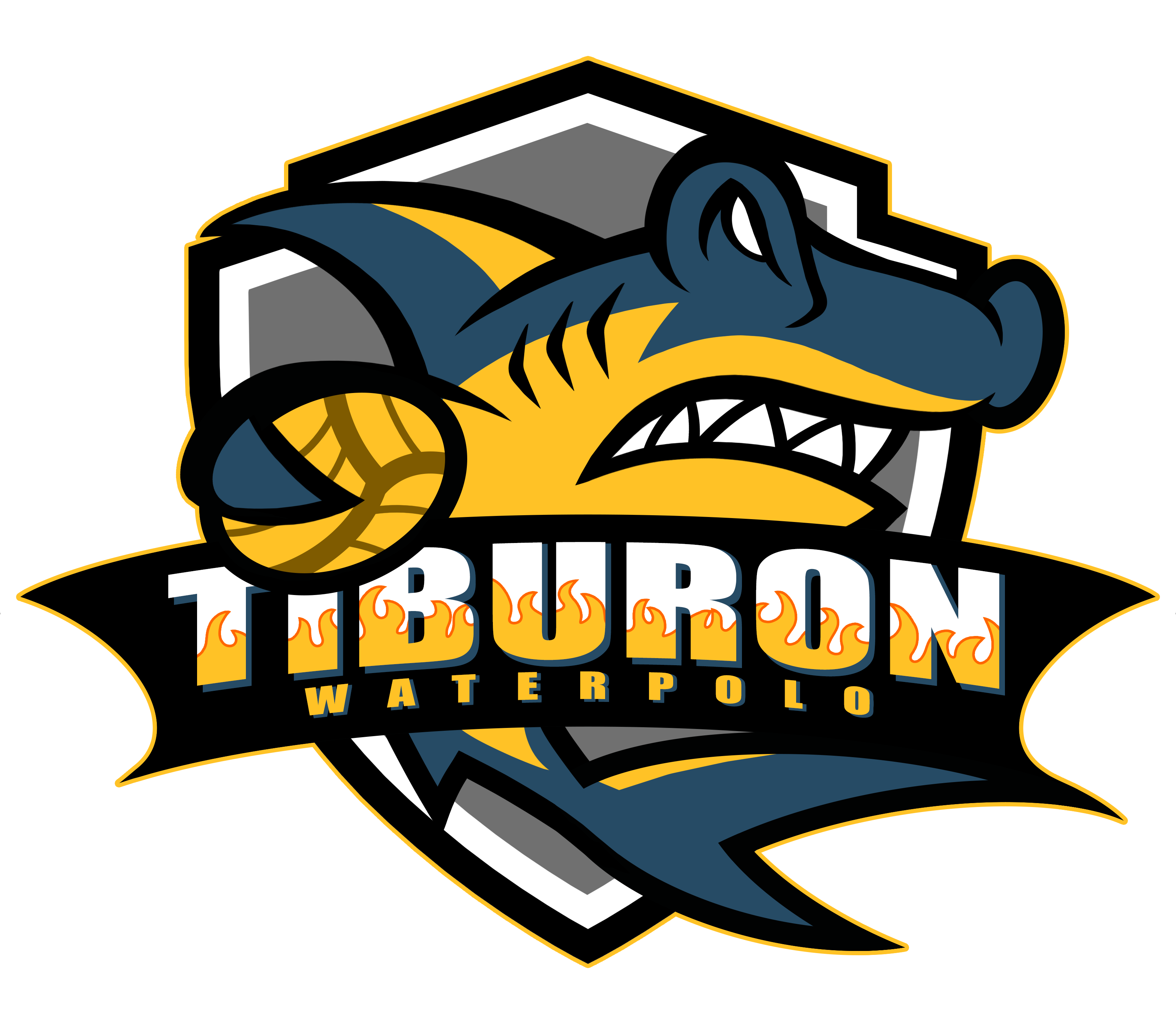
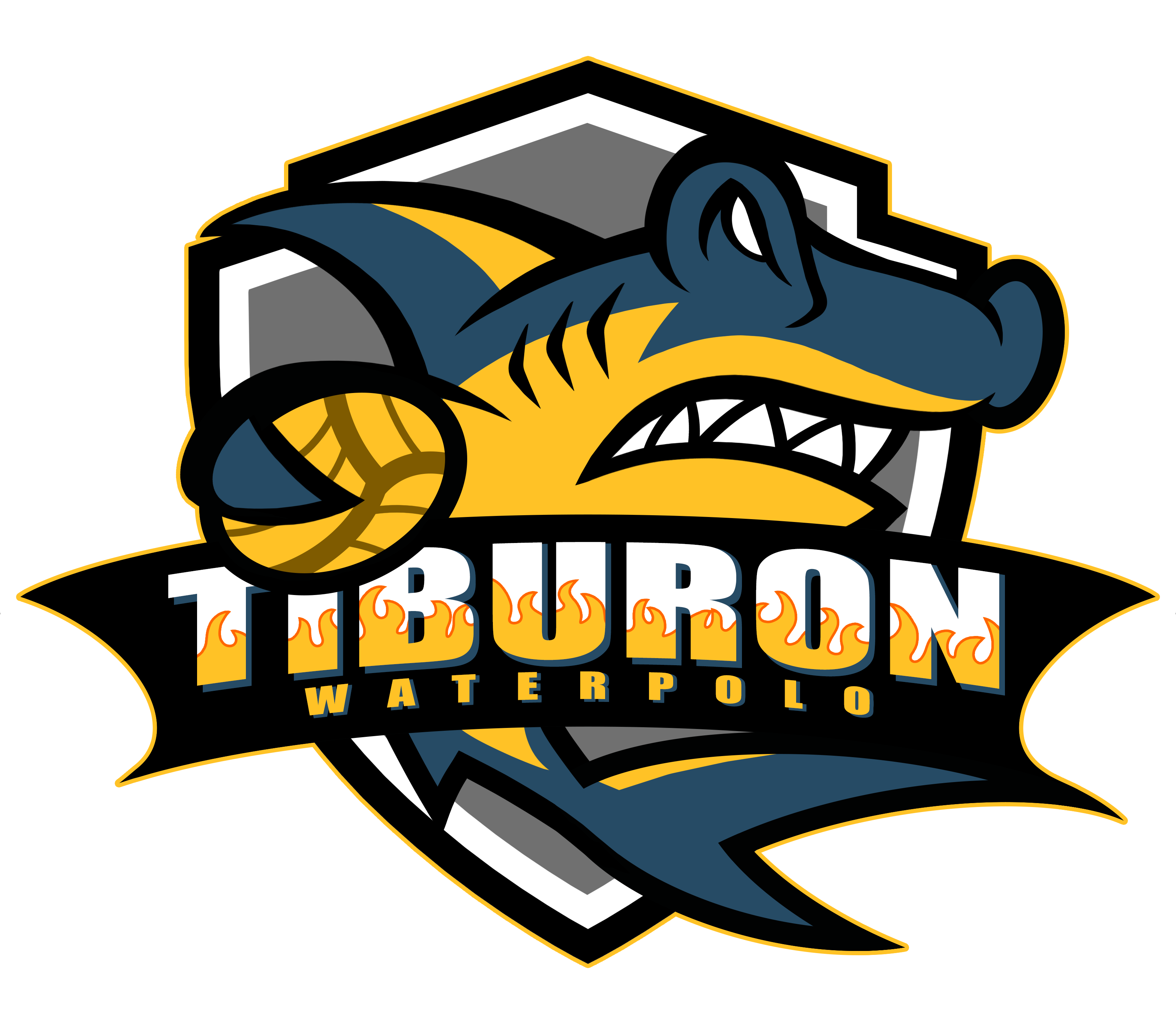
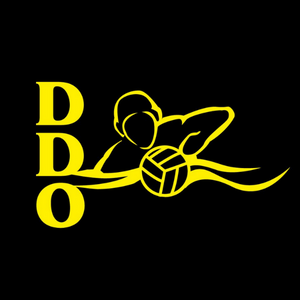
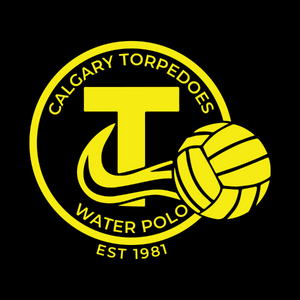
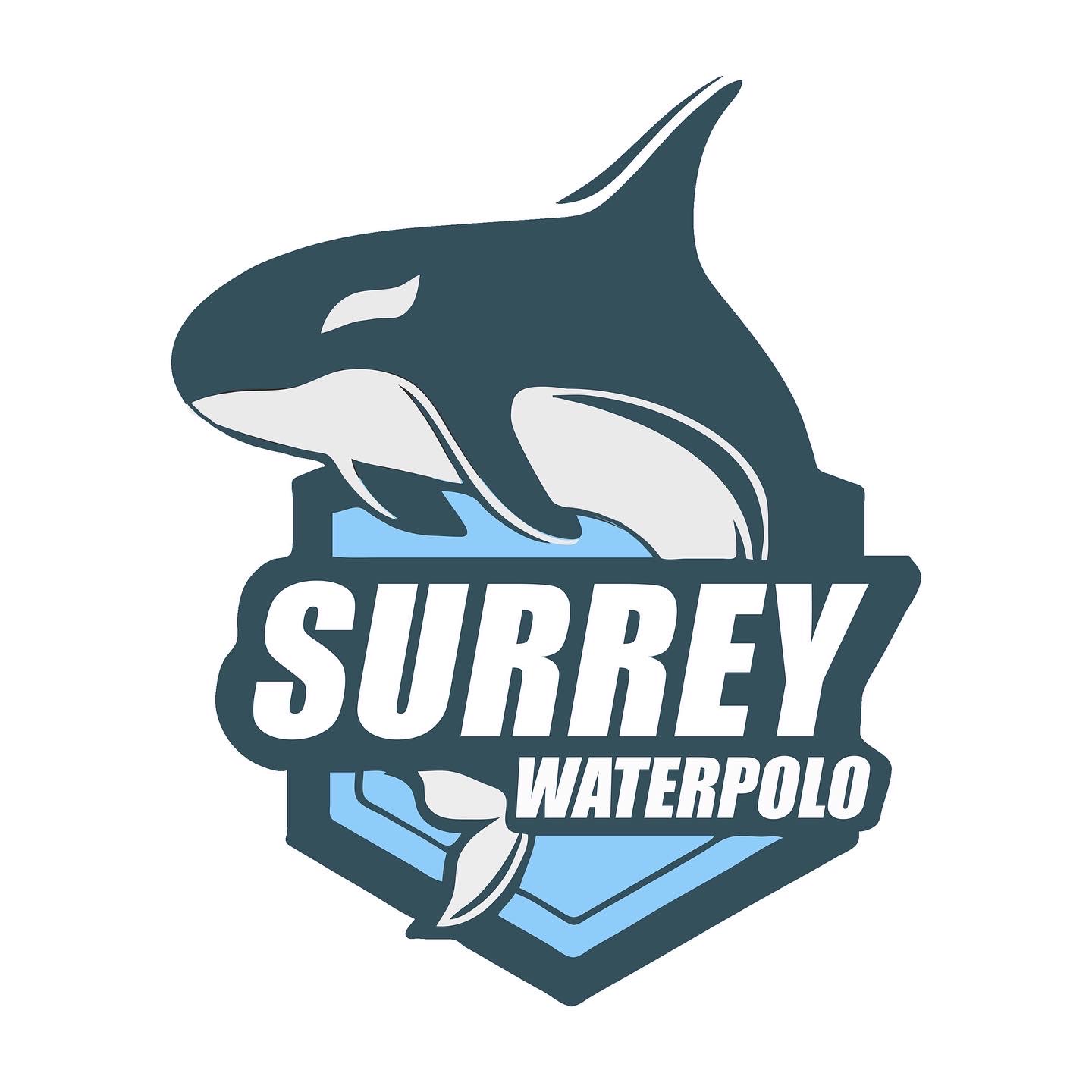
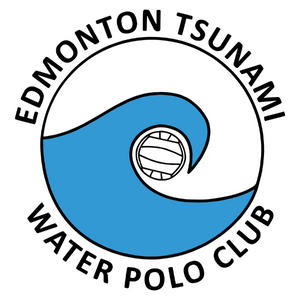
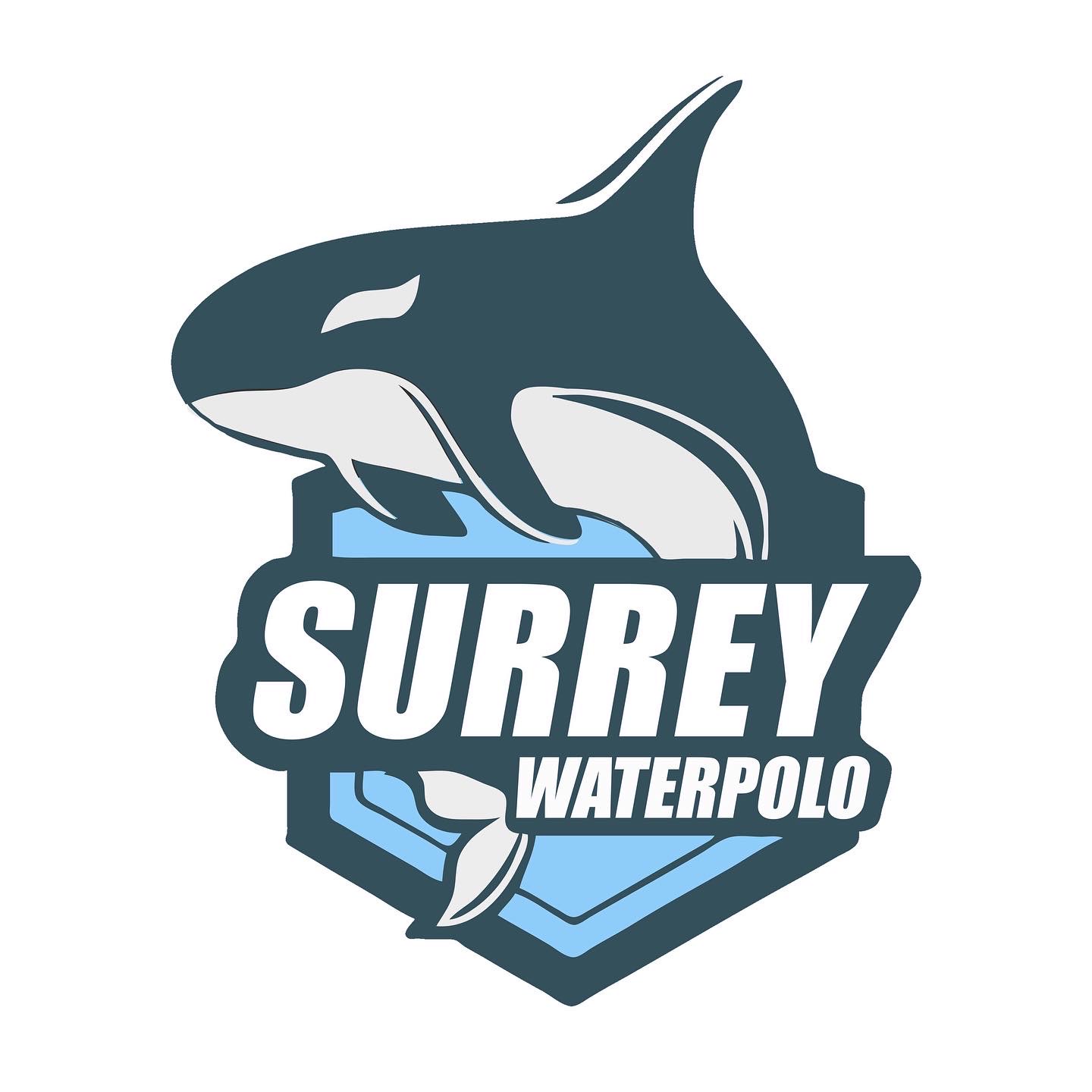
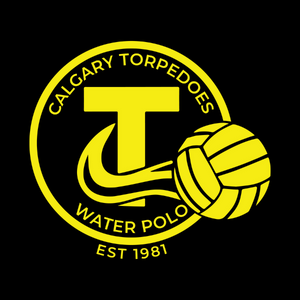
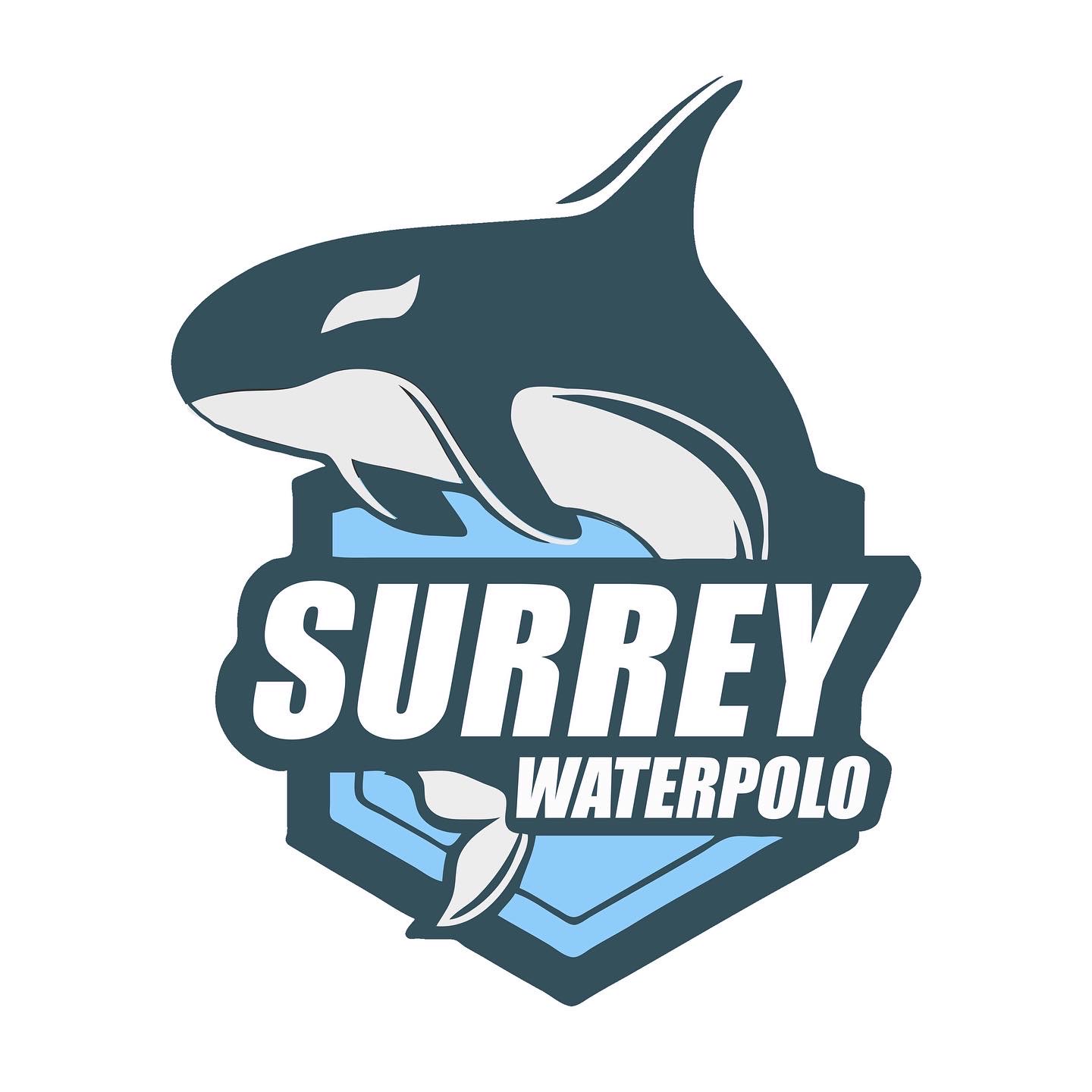
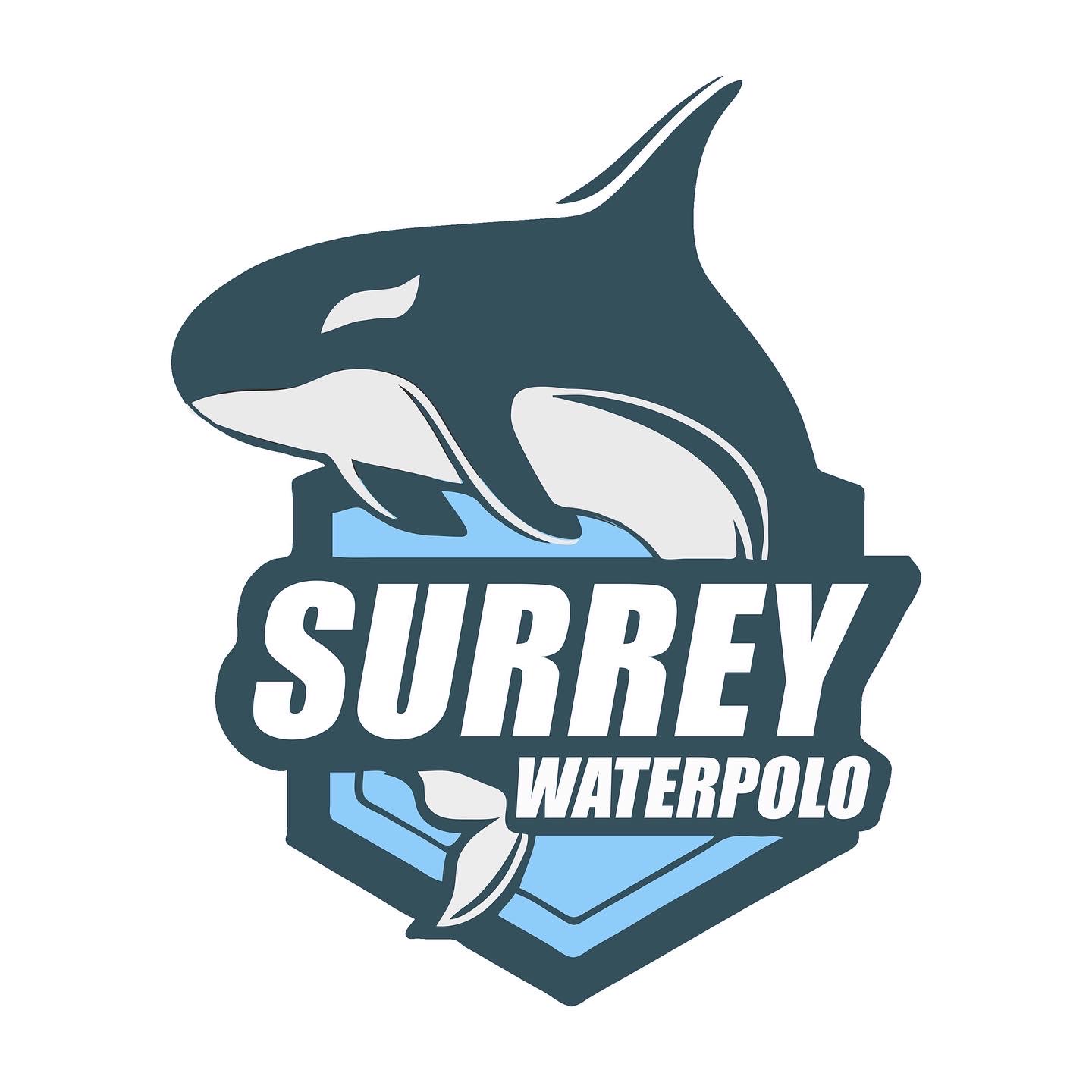
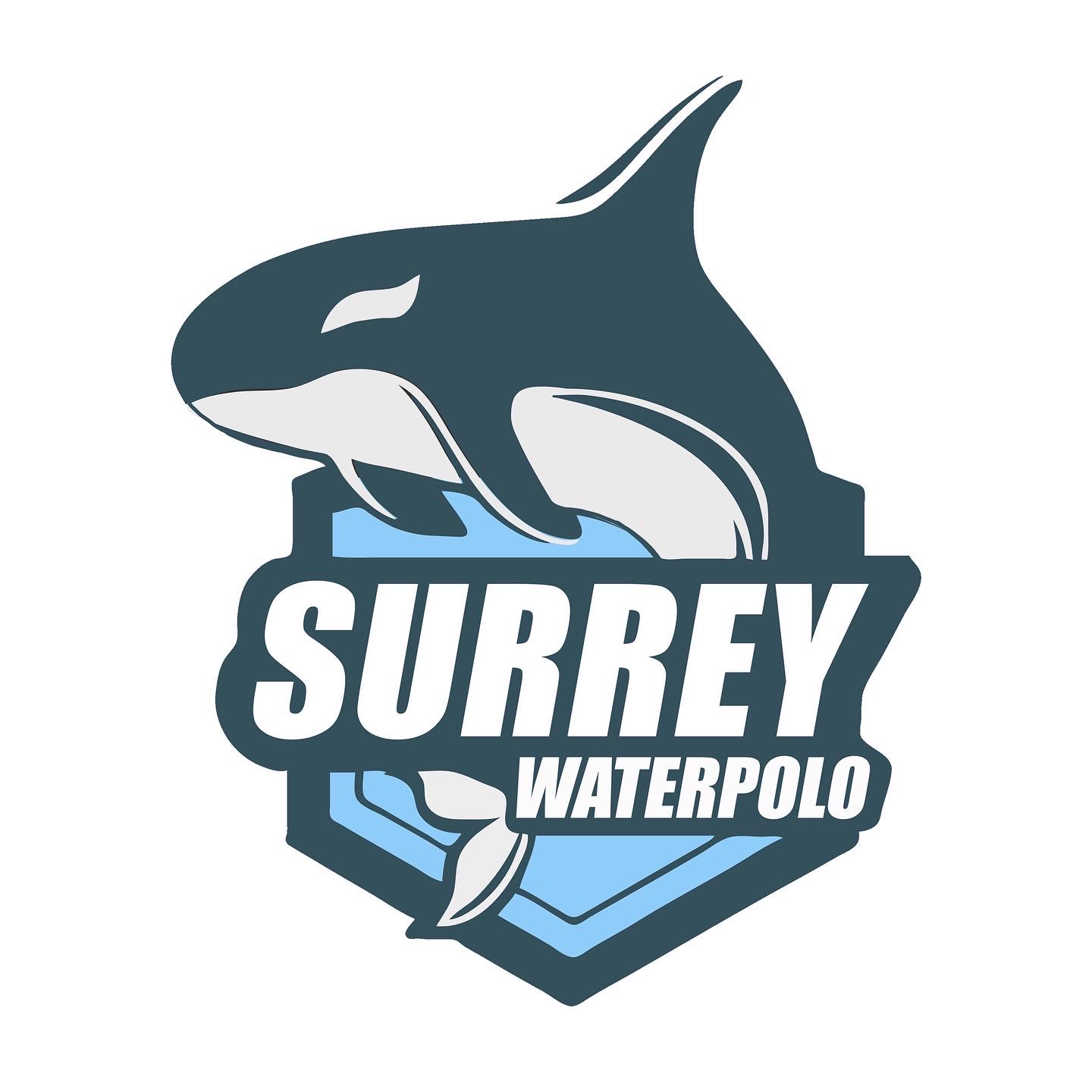
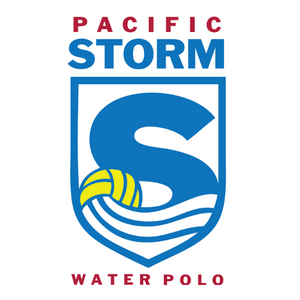
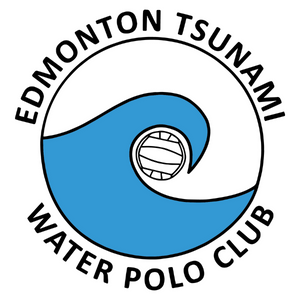
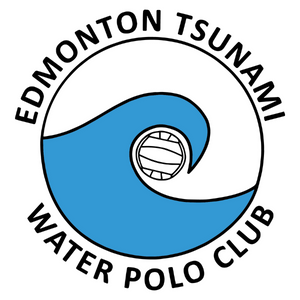
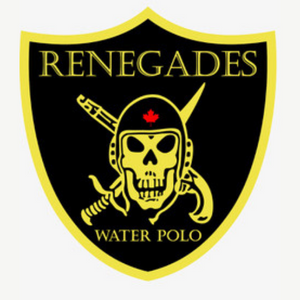
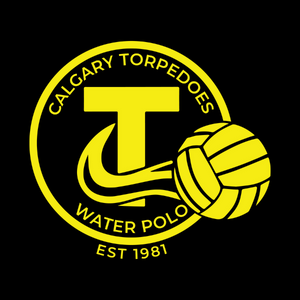
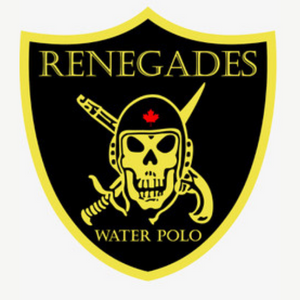
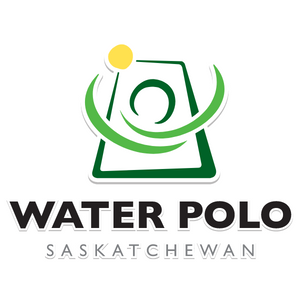
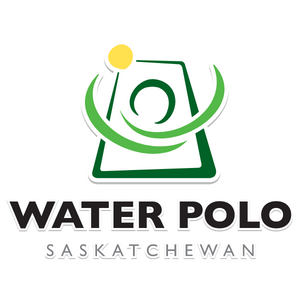
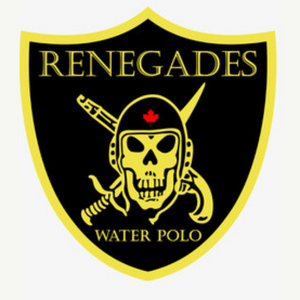
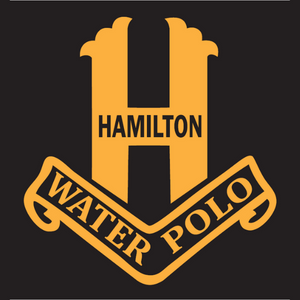
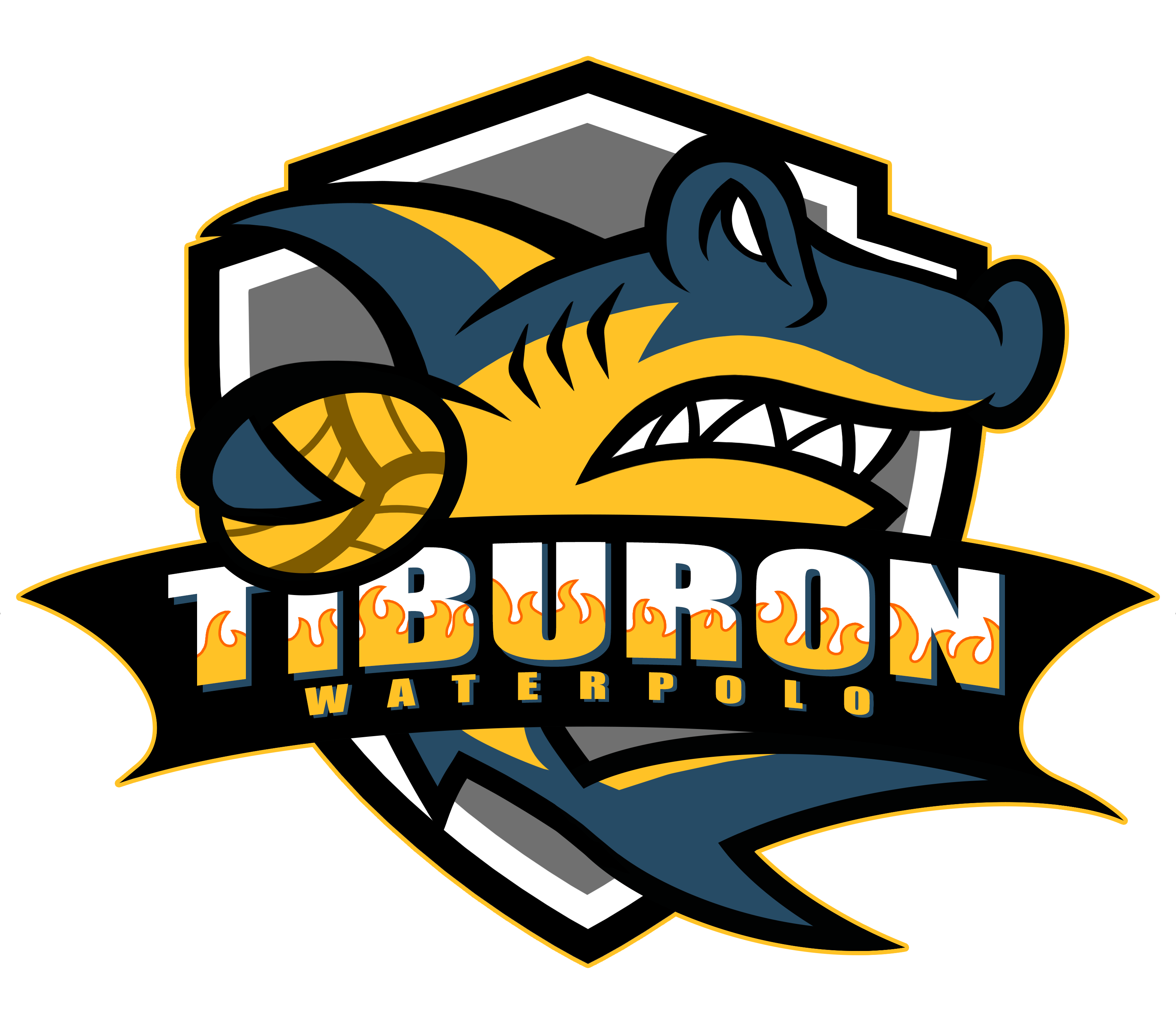
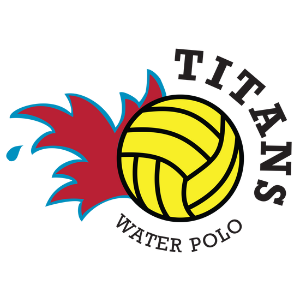
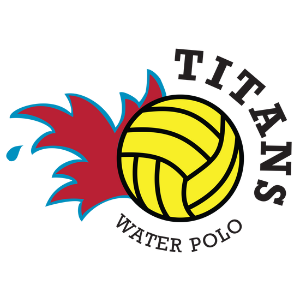
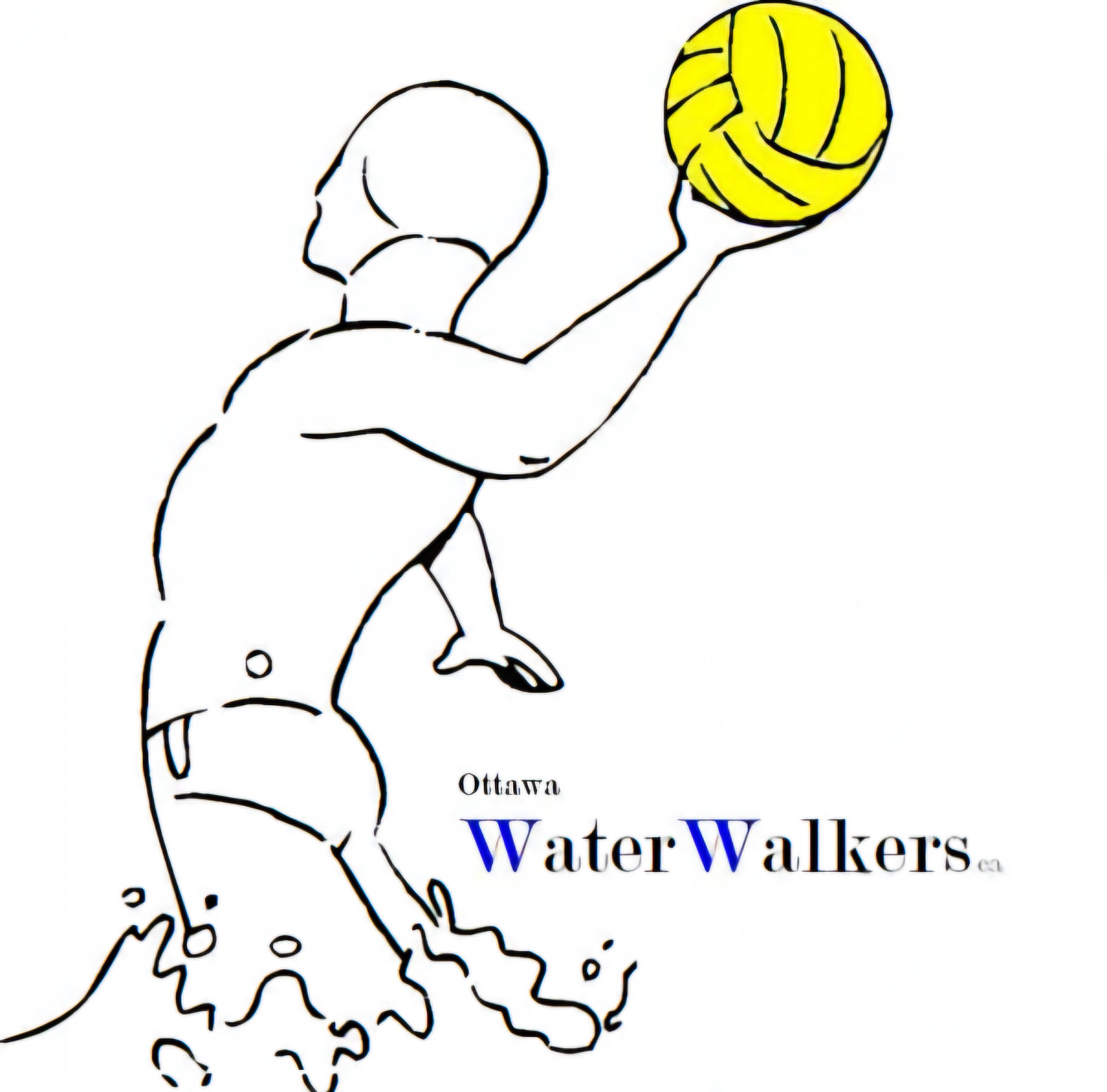
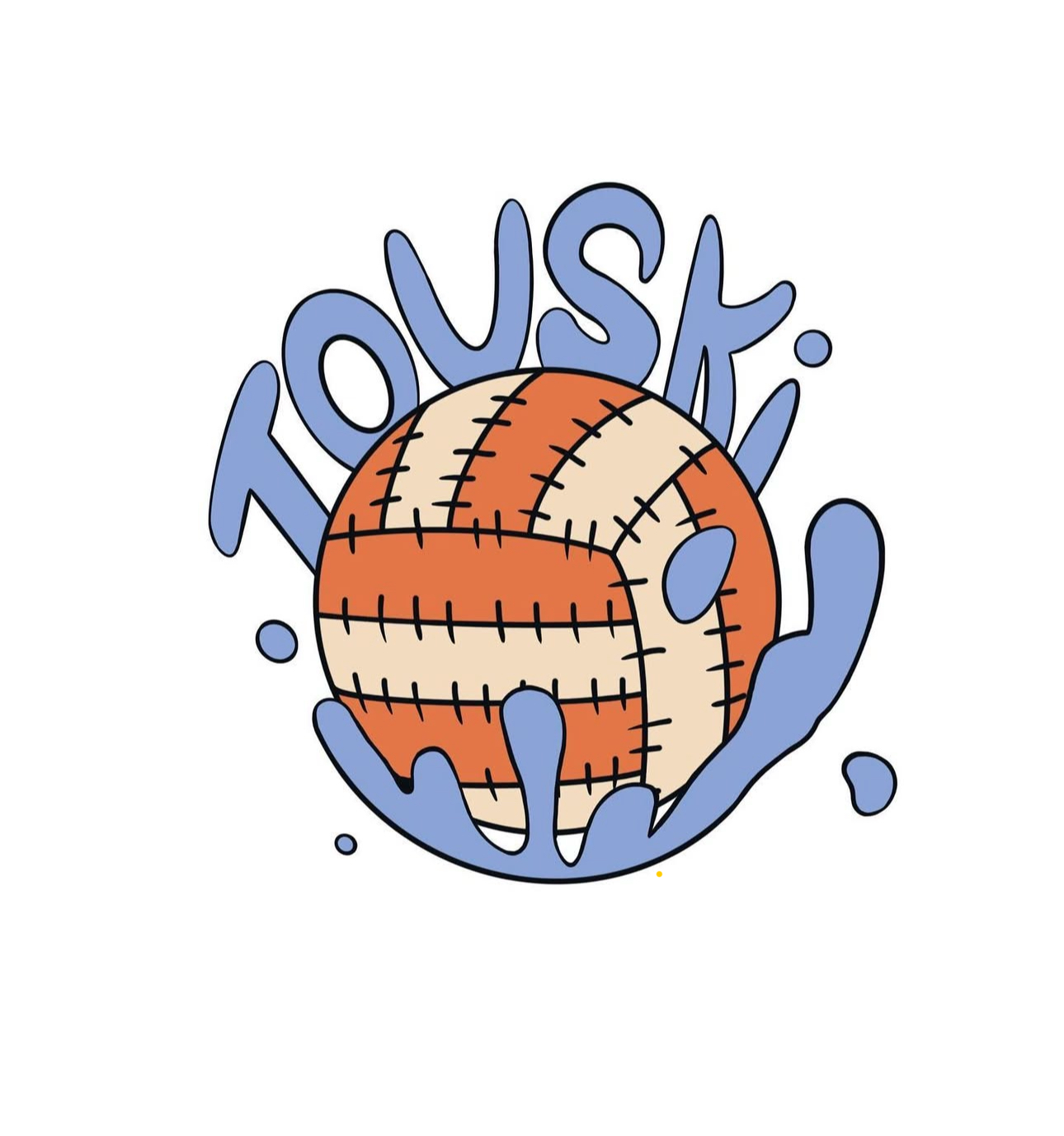
.jpg)
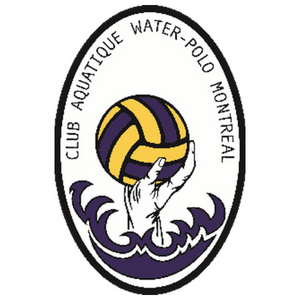
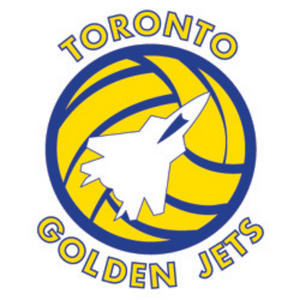
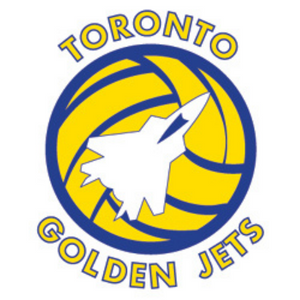
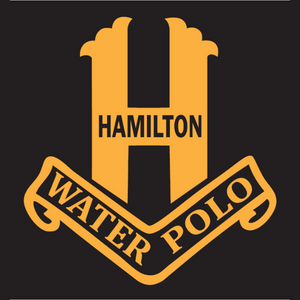
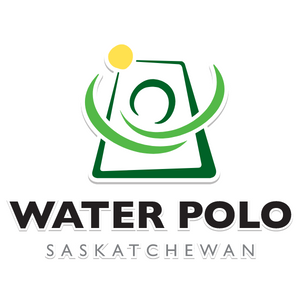
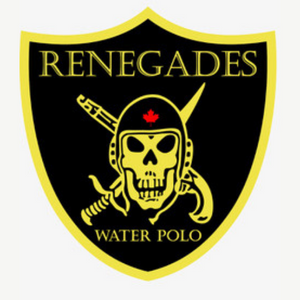
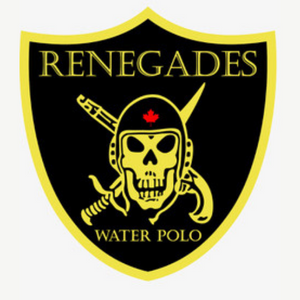
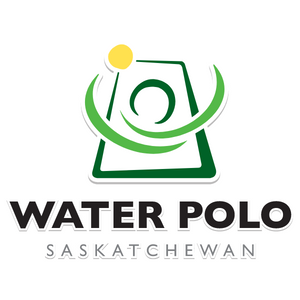
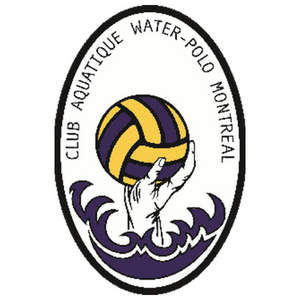
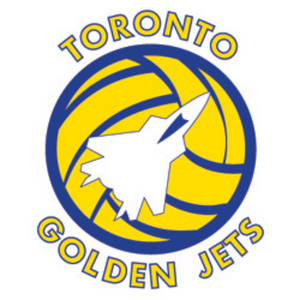
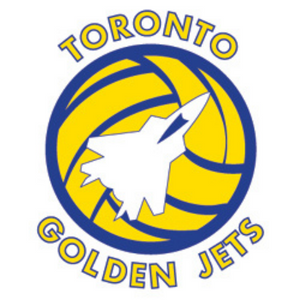
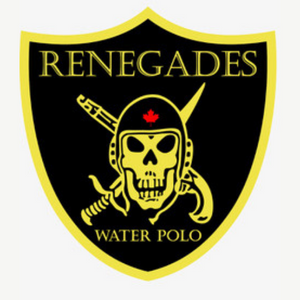 Senior Black Calgary Renegades
Senior Black Calgary Renegades 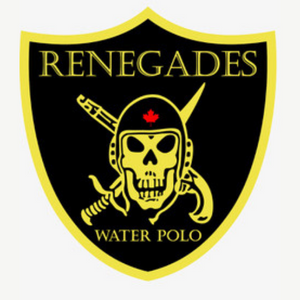 Senior Gold Calgary Renegades
Senior Gold Calgary Renegades 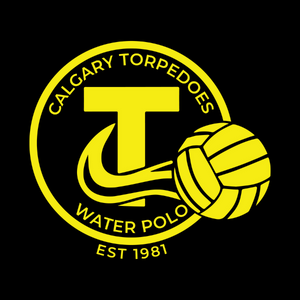 Senior Calgary Torpedoes
Senior Calgary Torpedoes 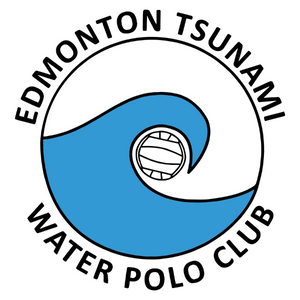 Edmonton Tsunami Men
Edmonton Tsunami Men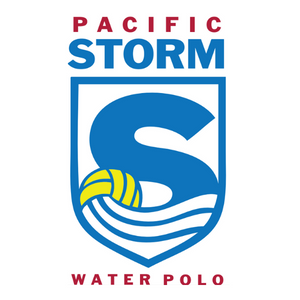 Pacific Storm
Pacific Storm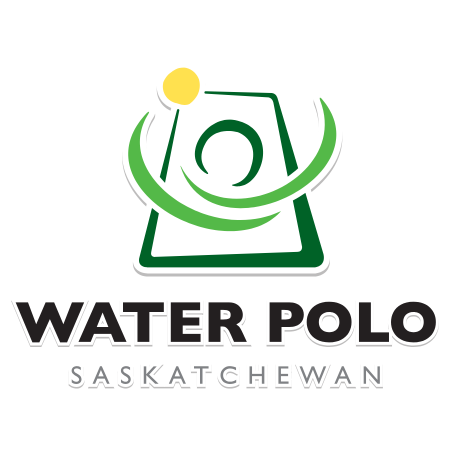 Team Sask Senior Men
Team Sask Senior Men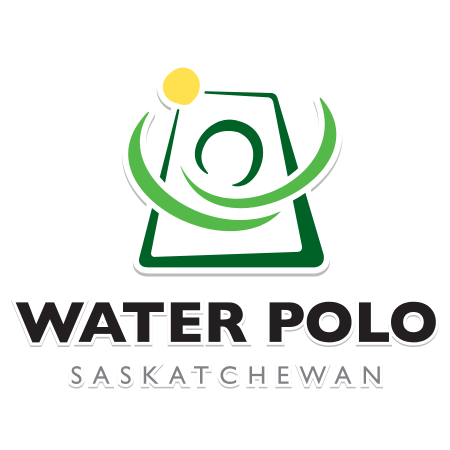 Team Sask Senior Women
Team Sask Senior Women Tiburon (W/F)
Tiburon (W/F)